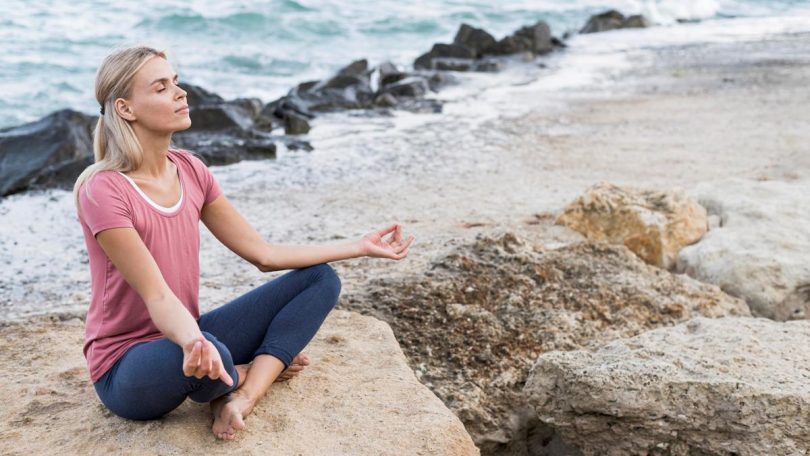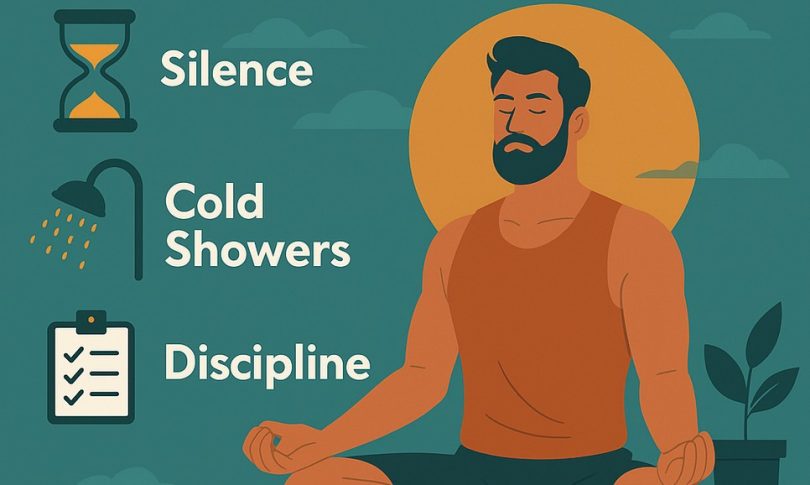Table of Contents
- Key Takeaways
- Introduction to Meditation
- What Does Meditation Feel Like?
- Stages of Meditation and Their Feelings
- Common Meditation Experiences Explained
Key Takeaways
- Meditation can bring about a range of physical, mental, and emotional sensations.
- The experience of meditation evolves as you progress through different stages.
- Understanding these experiences can enhance your meditation practice.
Introduction to Meditation
Meditation is a practice that has been around for thousands of years, used by cultures worldwide to cultivate mindfulness, peace, and self-awareness. Whether you’re practicing mindfulness meditation, transcendental meditation, or another form, each session can feel different, but some common threads tie these experiences together.
What Does Meditation Feel Like?
Physical Sensations During Meditation
During meditation, you might notice a variety of physical sensations. These sensations can range from a feeling of stillness and calmness throughout your body to more specific sensations such as tingling or a sense of lightness.
| Physical Sensation | Description |
|---|---|
| Stillness | A deep sense of calm and immobility in the body. |
| Tingling | A mild sensation of tingling, often in the hands or feet, as energy flows through the body. |
| Lightness | A feeling of lightness, as if the body is becoming less dense or heavy. |
Mental and Emotional States During Meditation
The mental and emotional aspects of meditation are just as important as the physical. You may experience a sense of mental clarity, where thoughts seem to flow more easily, or a feeling of emotional release, where past stresses are let go.
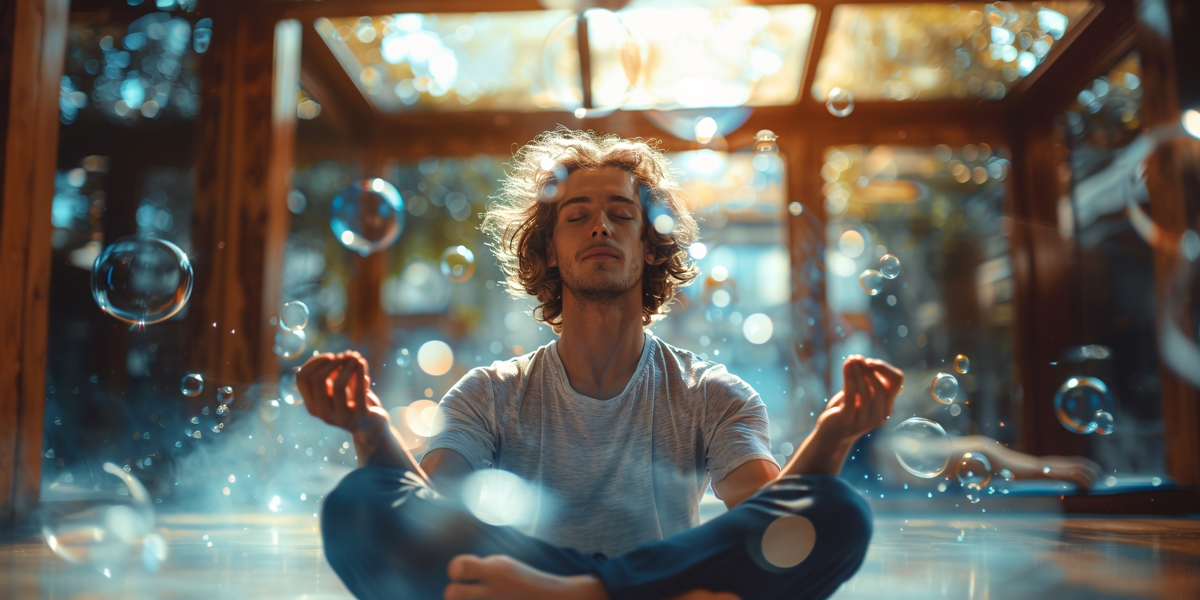
Stages of Meditation and Their Feelings
Initial Discomfort or Restlessness
It’s not uncommon to feel some discomfort or restlessness when you first begin meditating. This might manifest as physical discomfort due to sitting in a particular position or mental restlessness as your mind tries to settle.
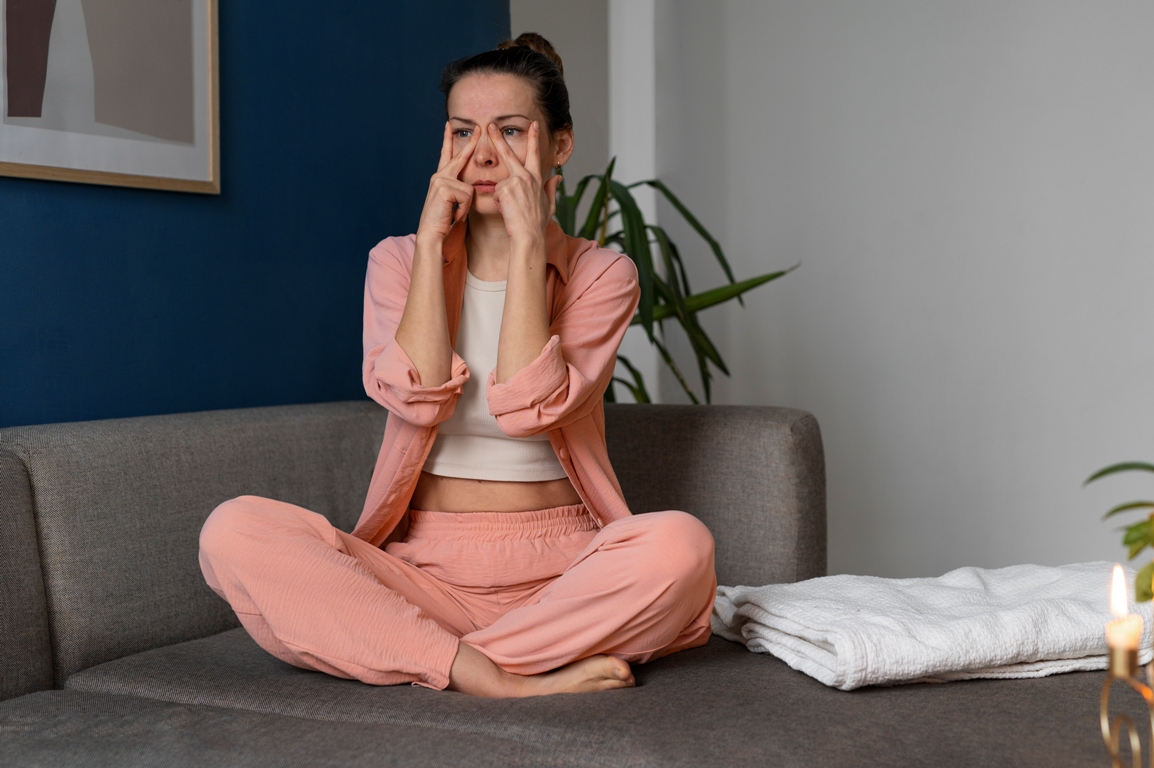
Transition to Focused Awareness
As you continue to meditate, you’ll often move into a phase of focused awareness. This is where you start to feel more connected to your breath, mantra, or the present moment, and distractions begin to fade away.
Deep Meditation and Transcendence
In deeper stages of meditation, you may experience a sense of transcendence. This can include feelings of unity, a loss of time awareness, and even a state of bliss or euphoria.
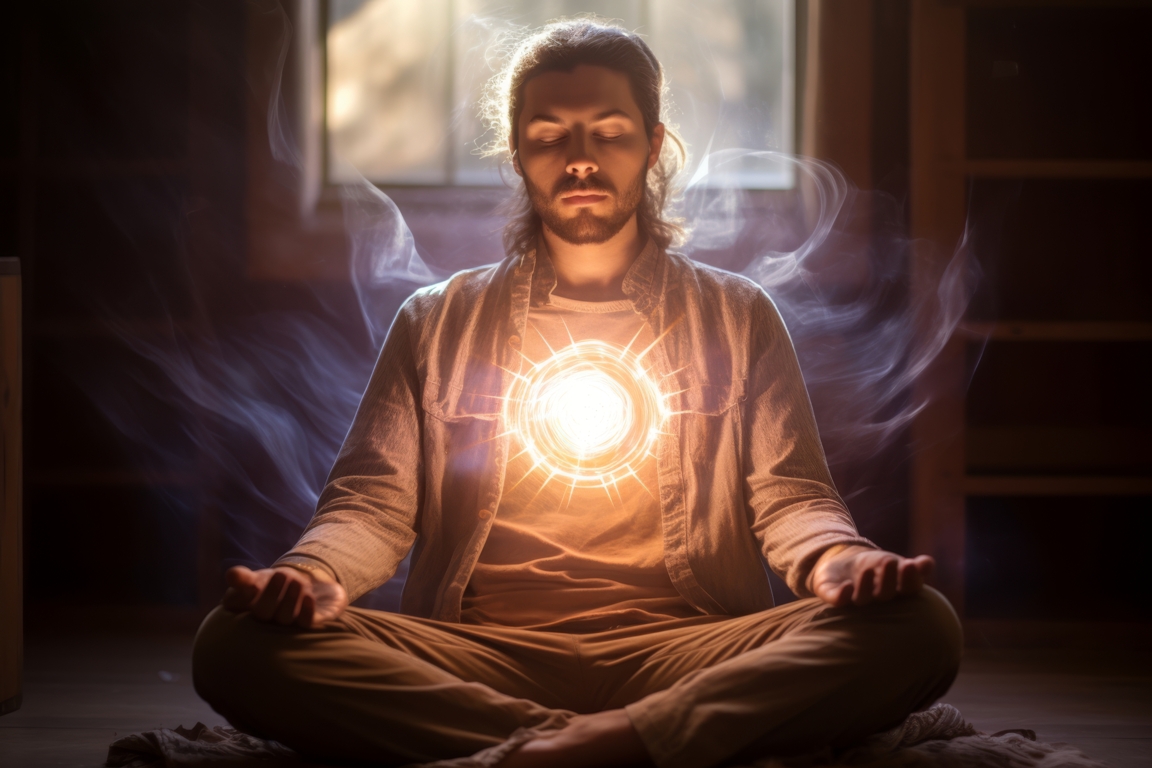
Common Meditation Experiences Explained
Feeling Detached or Dissociated
Some meditators report feeling detached or dissociated from their bodies. This sensation can be unsettling, but it’s often just a sign that you’re deeply immersed in your practice.
Visual and Auditory Experiences
It’s also possible to have visual or auditory experiences during meditation. These might include seeing colors, lights, or patterns, or hearing sounds that aren’t physically present.
Emotional Surges and Releases
Finally, meditation can bring about emotional surges, where feelings that have been suppressed rise to the surface. This is a natural part of the healing process and can lead to a greater sense of peace over time.
Differences in Meditation Experiences
Beginners vs. Experienced Meditators
The experience of meditation can vary significantly between beginners and experienced meditators. Beginners often report feelings of physical discomfort or mental restlessness, while experienced meditators tend to experience deeper states of relaxation and awareness. As you continue your practice, the sensations may evolve, and you’ll likely find it easier to reach a state of calm and focus.
Meditation Techniques and Their Impact on Experience
Different meditation techniques can produce different experiences. For instance, mindfulness meditation emphasizes staying present with your thoughts and feelings, which can lead to a heightened sense of awareness and connection to the moment. On the other hand, transcendental meditation might take you into a more profound state of relaxation, where you experience a feeling of transcending ordinary consciousness.
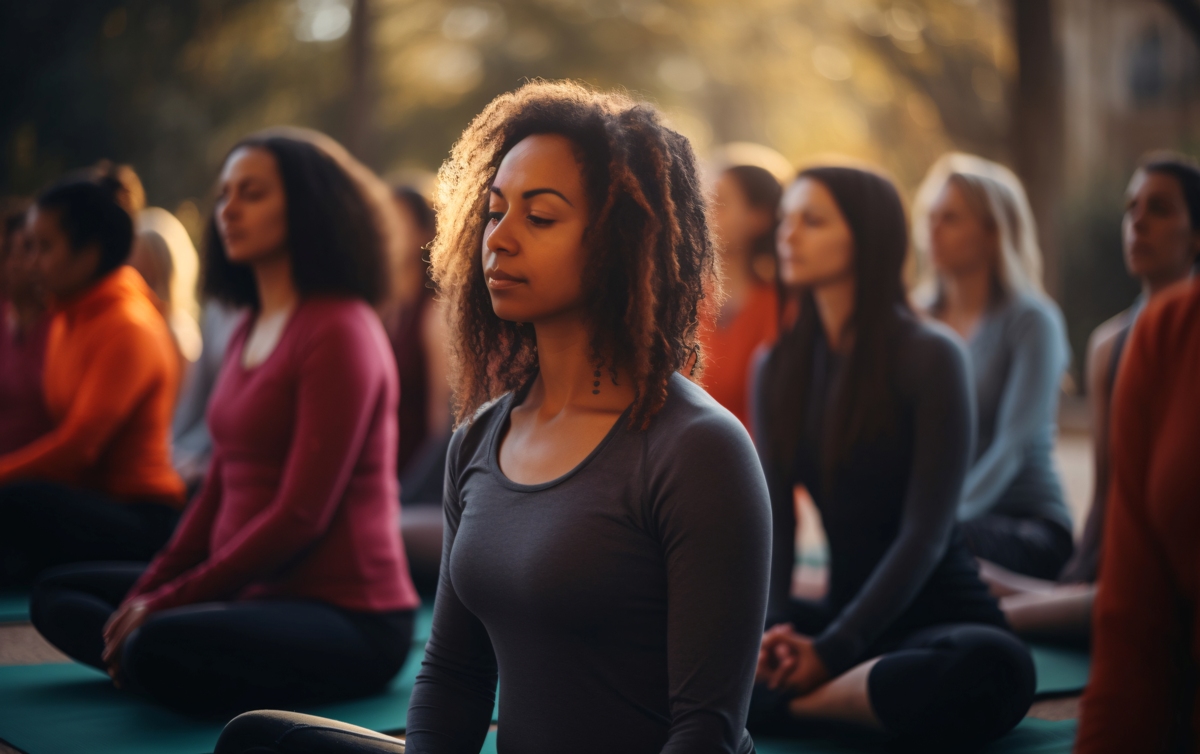
Potential Challenges and How to Overcome Them
Feeling Frustrated or Bored
It’s not uncommon to feel frustrated or bored during meditation, especially in the early stages. The mind may wander, and it can be challenging to stay focused. Overcoming these feelings requires patience and practice. Try to acknowledge the distractions without judgment and gently bring your focus back to your breath or mantra.
Physical Pain or Discomfort
Sitting in one position for an extended period can lead to physical discomfort. If you experience pain, try adjusting your posture or using a cushion for support. If the discomfort persists, consider incorporating some gentle stretches before meditating or experimenting with different positions.
The Long-Term Effects of Meditation
Changes in Daily Life
Regular meditation practice can lead to significant changes in daily life. Many people report feeling more peaceful and content throughout the day. There’s often a noticeable improvement in focus, making it easier to handle daily tasks and challenges with a calm mind.
Long-Term Emotional and Mental Benefits
Over time, meditation can have profound effects on your emotional and mental well-being. Increased emotional resilience is one of the key benefits, as meditation helps you develop a more balanced and less reactive approach to life’s ups and downs. Additionally, many practitioners experience greater self-awareness and a deeper understanding of themselves and their emotions.

Frequently Asked Questions (FAQs)
What should I feel when I meditate?
During meditation, you might feel a range of sensations, including physical relaxation, mental clarity, and emotional release. The exact feelings can vary depending on your practice and individual response to meditation.
How do I know if I’m meditating correctly?
If you’re feeling calmer, more focused, or simply more aware during and after your meditation, you’re likely doing it correctly. Meditation is a personal experience, so there’s no single “right” way to feel. The key is consistency and allowing yourself to experience whatever arises without judgment.
Why do I feel weird when I meditate?
It’s normal to feel “weird” during meditation, especially when you’re new to the practice. This could be due to unfamiliar physical sensations, emotional release, or simply adjusting to the process of sitting still and quieting the mind. With time, these sensations often become more familiar and comfortable.
Can meditation make you feel high?
Some people describe feeling “high” during deep meditation sessions, experiencing a sense of euphoria or bliss. This is usually a sign that you’re entering a deeper state of consciousness where the usual boundaries of self and awareness begin to dissolve.
Is it normal to feel sleepy during meditation?
Feeling sleepy during meditation is common, especially if you’re tired or new to the practice. It can be helpful to adjust your posture, meditate at a different time of day, or practice a more active form of meditation if sleepiness persists.

